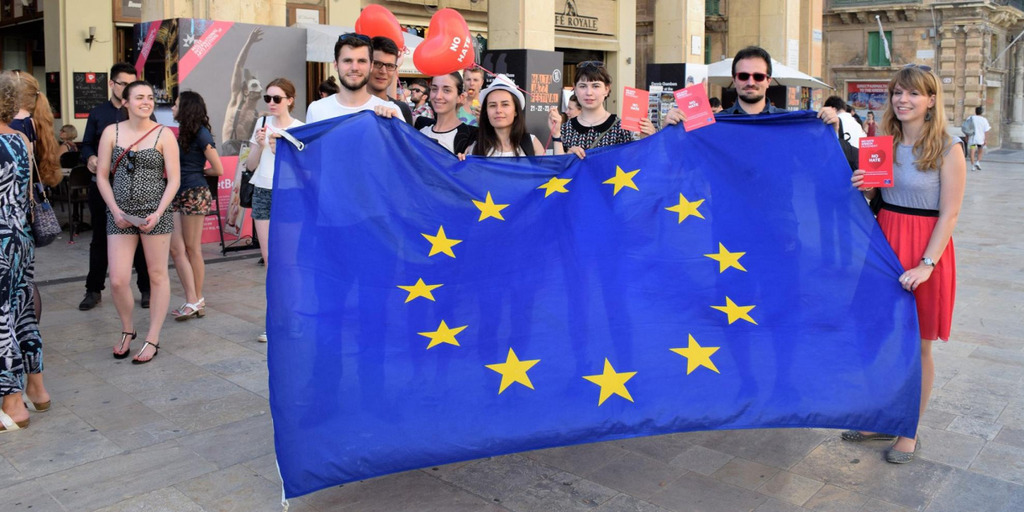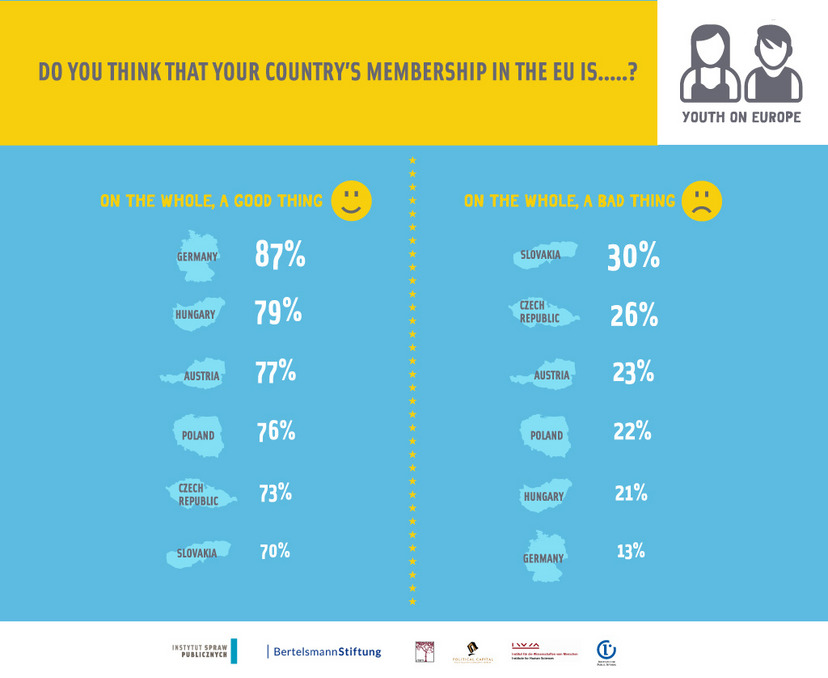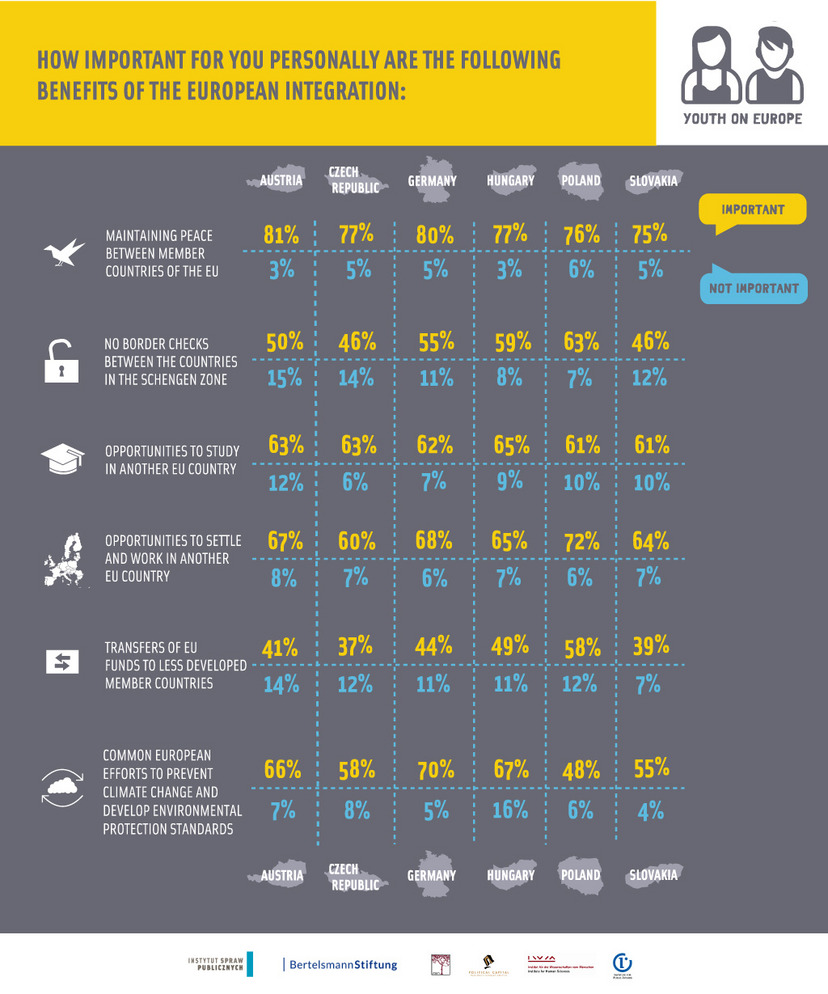This year the EU celebrates its 60th birthday. Actually it consists of 28 countries. From 2004 to 2013 some Central, Eastern and Southeastern European states came along - especially because of security and economical benefits the EU could bring them. But actually the cohesion of the European Union is threatened by different crises.
In parts of Europe nationalistic sounds are popular again. In Austria the FPÖ was close to provide the next federal president, in Germany last year the AfD got some seats in federal parliaments, in the Netherlands Geert Wilder's PVV was second in the general elections and in France the polls say that Marine Le Pen from Front National has good chances for the second ballot for the presidential election. In some Central and Eastern European states the stirrers already have the power. In Hungary the government under Viktor Orban agitates against minorities and the EU. The Polish government, where former prime minister Jarosław Kaczyński still plays an important role in the background, does the same. In Prague and Bratislava anti European sounds can be heard too.
A majority of the young Poles, Hungarians, Czechs and Slovaks has a different opinion, our new survey shows. They and their contemporaries in Germany and Austria back the European Union.
For a clear majority of the young people in Central and Eastern Europe their country's EU membership is a good thing. They especially appreciate the European Union for preserving peace. Also the the opportunity to study, live and work in other EU member states is seen positive by a majority. Islamic terrorism is deemed to be the biggest challenge the EU has to face.





